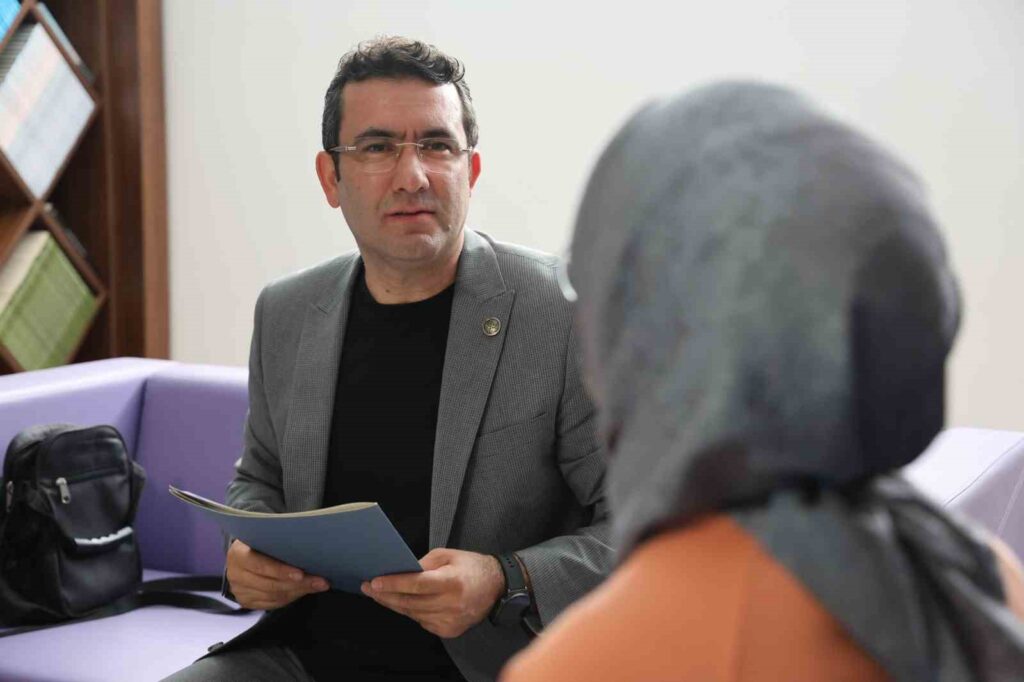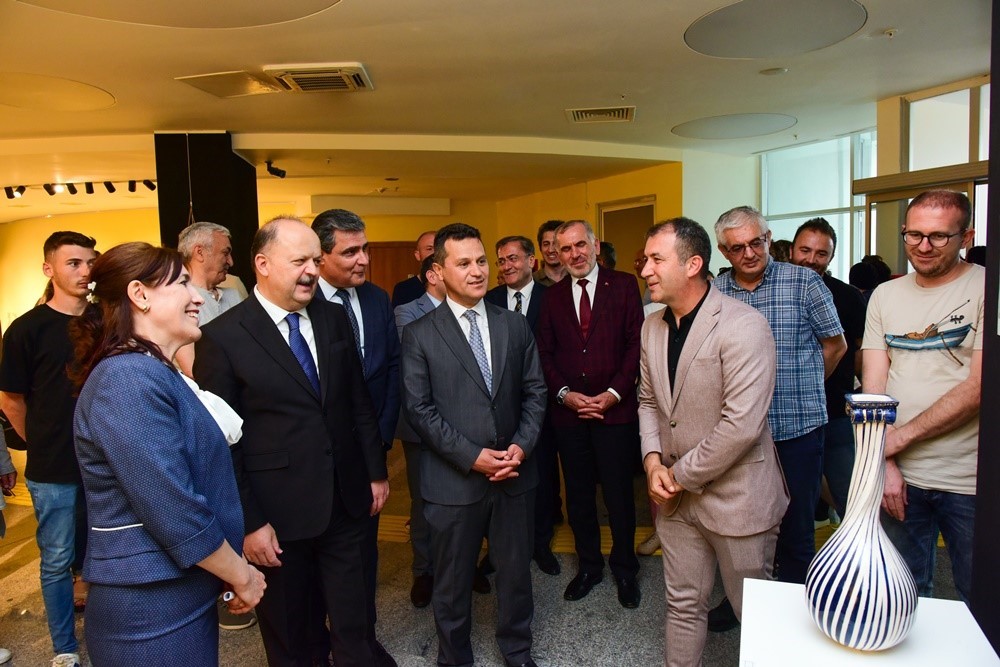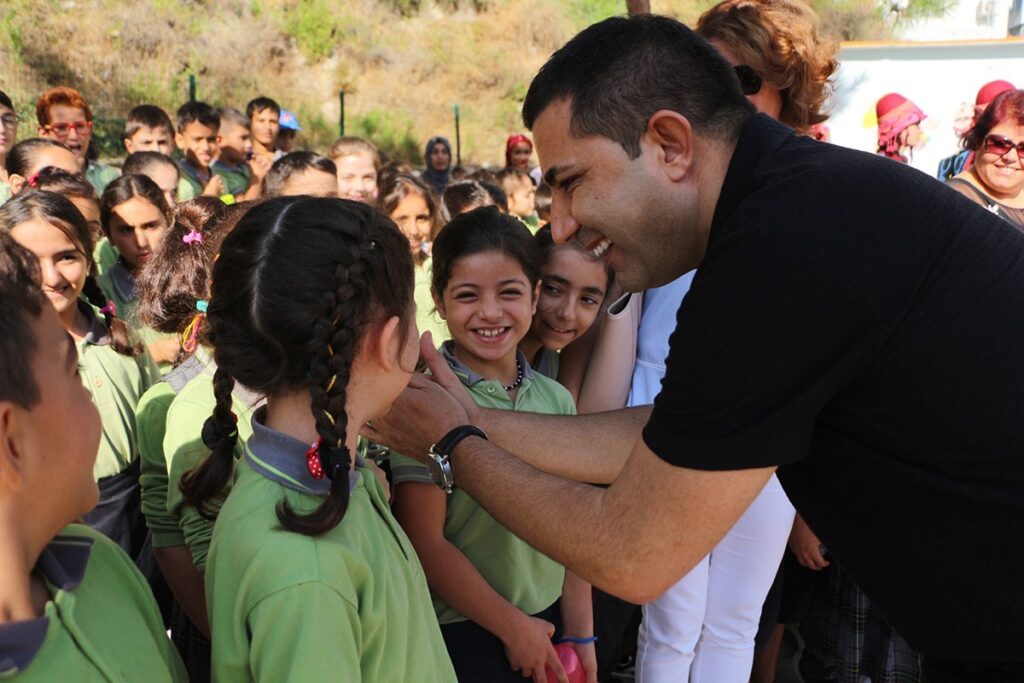Important preference warning from an expert to millions of university candidates.
After the 2024 YKS exam, Ali Bozgedik, Coordinator of the Plus Career Center at Necmettin Erbakan University (NEÜ) and Lecturer, emphasized that candidates tend to avoid choosing the departments they do not really want due to the fear of not succeeding. “The preference robot …

After the 2024 YKS exam, Necmettin Erbakan University (NEÜ) Plus Career Center Coordinator Lecturer Ali Bozgedik drew attention to candidates avoiding their preferred program due to fear of not succeeding. He stated, “Relying on preference robots to make choices is like putting a plane on autopilot; preference robots do not make choices, they filter. They do not know the students’ abilities.”
With the announcement of the Higher Education Institutions Exam (YKS) results, students have started researching universities. Evaluating what university candidates should pay attention to during the preference period, Ali Bozgedik mentioned that this year, 3 million 120 thousand candidates applied for the exam.
Lecturer Ali Bozgedik noted, “I can say that in the 2024 YKS, there are 400 thousand fewer candidates compared to last year. When we examine the guide, I can state that the number of valid candidates for AYT decreased by 200 thousand and for TYT by 176 thousand compared to last year. Additionally, the general quota has been reduced by 55 thousand, including the quotas for martyrs, veterans, and women over 34 years old, bringing the total quota decrease to 67 thousand compared to last year. Although students may find the reduction in the general quota disappointing when making their exam choices, the fact that the number of candidates passing the exam has decreased by 200 thousand is actually encouraging for students. The 2024 AYT mathematics questions were relatively difficult, and in this challenging exam, the cumulative tables affected students. Therefore, we observe that the number of students in the cumulative tables for numerical, equal weight, and foreign language students is lower compared to last year. This indicates that it will be relatively easier for students to make their choices, and we have observed an increased likelihood of attending a place they could not go last year.”
“A total of 14 new programs were opened, and these programs are related to information technology.”
Highlighting the importance of the new programs while making preferences, Bozgedik said, “If we look at the differences in the 2024 YKS guide, the second education programs in state universities have been closed. The quotas for some programs have been reduced, such as architecture, pharmacy, psychology, nutrition and dietetics, and some basic sciences. I can say that about 55 thousand quotas have been reduced. Additionally, it can be stated that programs such as child development, philosophy, sociology, history, and Turkish language and literature have been removed from the second university program scope in the guide. Lastly, regarding the differences in the guide, a total of 14 new programs have been opened, including 2 bachelor’s degrees and 12 associate degrees, all related to information technology. Therefore, I would like to remind students and parents that we are in the age of artificial intelligence and information technology in the 21st century, and it would be beneficial for students to be directed towards these newly opened programs during their preferences. I would like to emphasize the importance of these new programs, which will positively affect employment.”
“They should make choices based on their success rank, not their placement score.”
Stating that YKS preferences will be made between July 25 and August 2, Ali Bozgedik said, “Candidates can submit their preferences through the candidate transactions system. Our advice to students is to make their choices based on their success rank, not their placement score. They should create a priority list considering their success rank. They should give priority to the program they want to attend. They should not make choices for programs they do not want to attend out of fear of not succeeding. They should make flexible preferences. For example, they should make preferences from their current rank by 50%, and then list their preferences backward to the lowest place they can fall to. They should definitely seek support from their families and preference advisors. Relying solely on preference robots to make choices is like putting a plane on autopilot; therefore, preference robots do not actually make choices, they filter. They do not know the abilities of the students. Getting professional support will help you make conscious choices. Every choice is an opportunity. It is up to you to make the best use of these opportunities. If you want to make a difference and illuminate your future, definitely seek professional support.”







